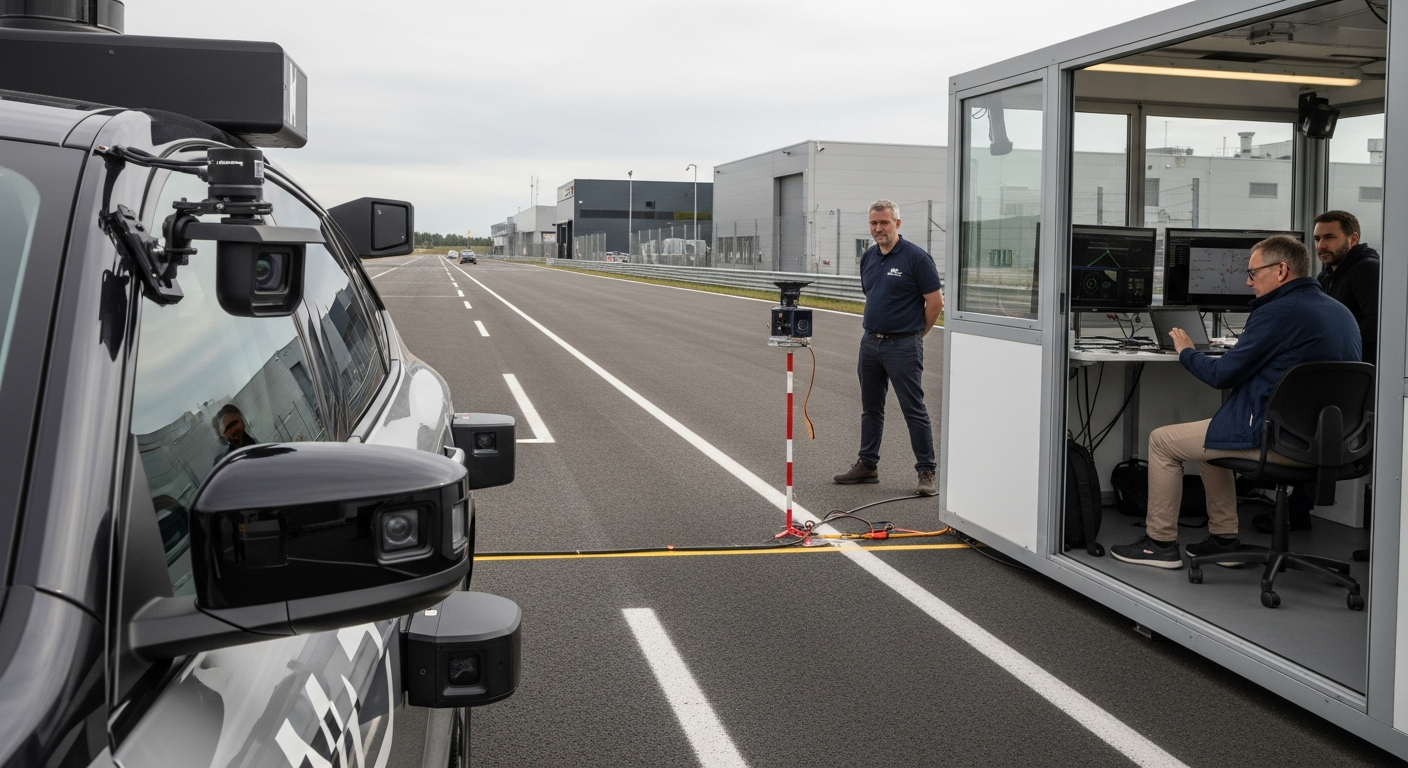Peering into the Future: The Role of Hydrogen in Automotive Propulsion
The world of automotive propulsion is undergoing a fundamental shift. Amidst this change, one contender is making its presence felt – Hydrogen. A clean, abundant, and efficient fuel, Hydrogen could be the answer to our sustainability and environmental concerns. But what does this mean for the car industry? Let's dive in and explore the past, present, and future of hydrogen propulsion in the automotive world.

A Brief History of Hydrogen Propulsion
Hydrogen as a fuel source isn’t a new concept. The idea dates back to the 19th century, with the invention of the first internal combustion engine running on hydrogen. However, the concept didn’t gain traction due to the prevalence of gasoline and diesel fuels. It was in the late 20th century, as concerns over environmental sustainability intensified, that interest in hydrogen propulsion was rekindled.
Current State of Hydrogen Propulsion
Today, the automotive industry is warming up to the potential of hydrogen as a fuel source. Several automakers, such as Toyota with its Mirai and Hyundai with its Nexo, have commercially available hydrogen fuel cell vehicles (HFCVs). These cars convert the chemical energy in hydrogen to electricity, powering the car’s electric motor.
Hydrogen vs. Traditional Fuel Sources
Compared to traditional gasoline or diesel, hydrogen is a clean fuel. Its combustion process emits only water vapor, drastically reducing the environmental impact. Additionally, hydrogen is abundant, with potential sources including water, fossil fuels, and even certain types of algae. However, challenges remain in terms of storage, distribution, and the energy-intensive process of hydrogen extraction.
The Impact of Hydrogen Propulsion on the Automotive Industry
The adoption of hydrogen propulsion could revolutionize the automotive industry. As a clean, renewable fuel, hydrogen can help automakers meet stringent emission standards and contribute to a sustainable future. Additionally, with advances in fuel cell technology, hydrogen-powered cars could offer performance and range comparable to, or even exceeding, traditional internal combustion engines.
The Road Ahead for Hydrogen Propulsion
While the benefits of hydrogen are clear, several hurdles need to be overcome. The infrastructure for hydrogen refueling is currently limited, and the cost of hydrogen fuel cells is still high. However, with ongoing research and development, these challenges can be addressed.
In conclusion, hydrogen propulsion holds significant promise for the automotive industry. While challenges persist, the potential benefits to the environment and sustainability are driving the industry to explore this exciting technology further. As we gaze into the future of automotive propulsion, hydrogen looks set to play a leading role.






